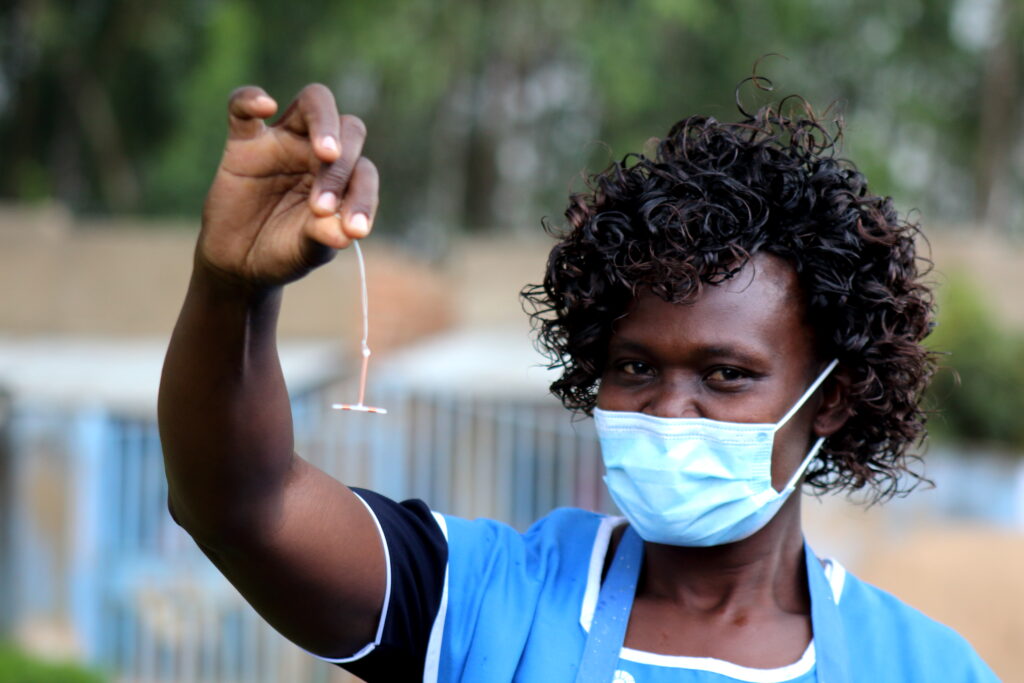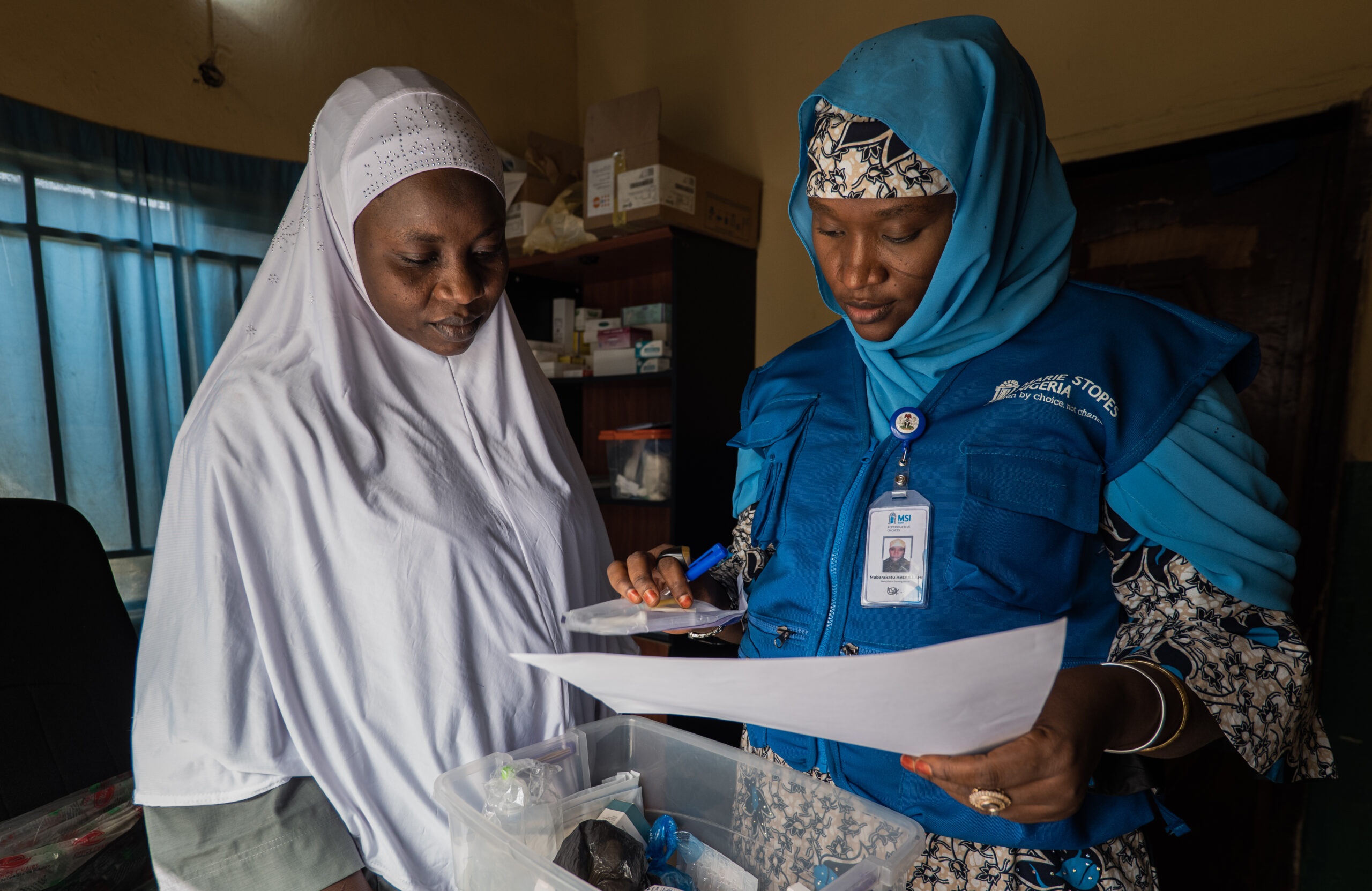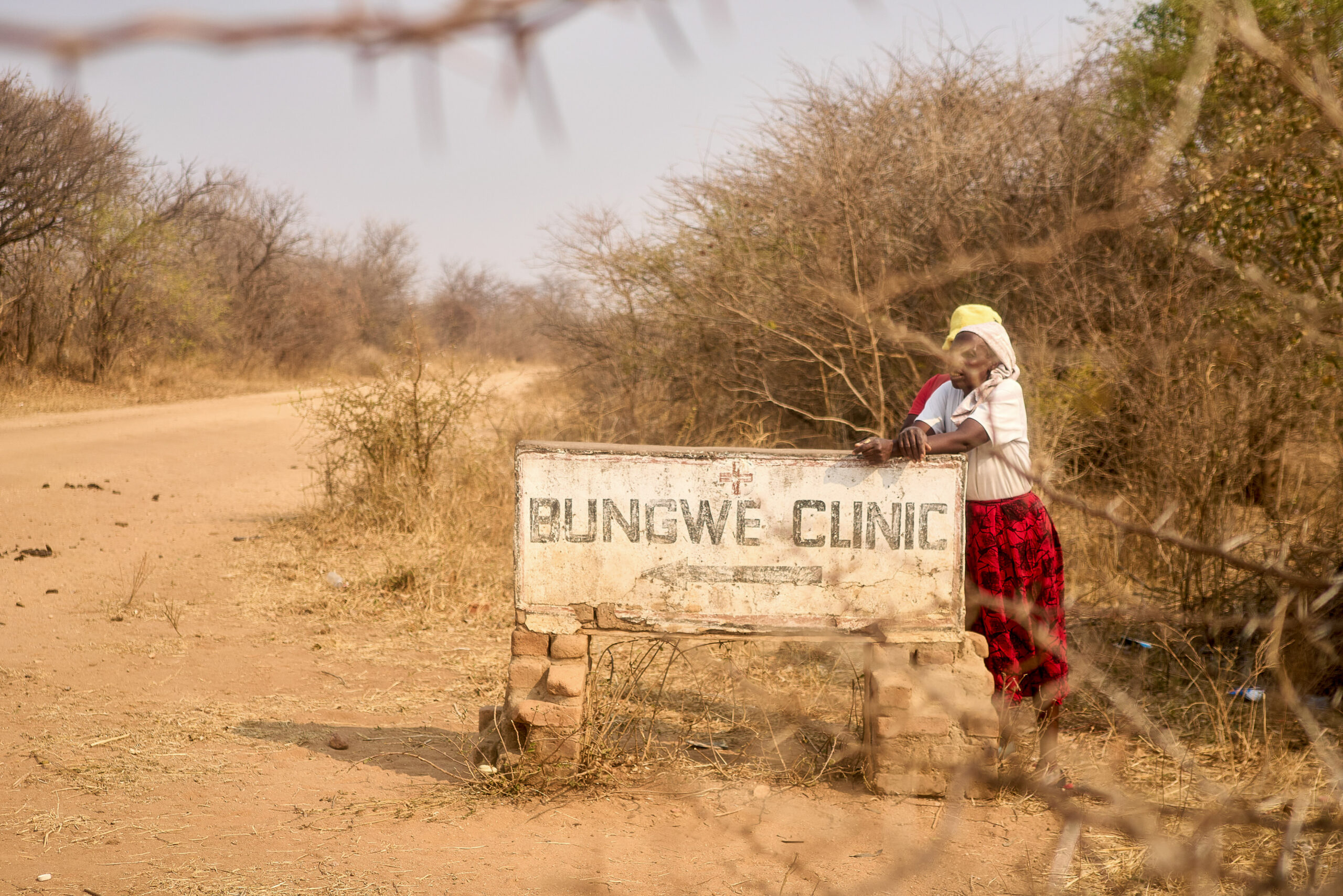
Access to family planning in Ghana was transformed last week when the National Health Insurance Authority (NHIA) approved the inclusion of family planning services and commodities in the benefits package from 1 January 2022.
The approval means that permanent methods, IUDs, implants and injectables will be free for members of the National Health Insurance Scheme from 1 January 2022. The move has the potential to transform access to family planning for women in Ghana, as it removes cost barriers and increases the number of providers trained in delivering long-acting reversible contraceptives.
Securing this agreement has been a long-term advocacy effort over several years, and has taken intense collaboration and coordination between government, the National Health Insurance Authority (NHIA), as well as NGO and research partners.
The African Health Markets for Equity initiative (AHME) – an MSI programme spanning Ghana, Kenya and Nigeria, with funding from the Gates Foundation and the UK’s Foreign, Commonwealth & Development Office (FCDO) – was key to laying the groundwork, alongside research from the Population Council. Funding from FCDO and PAI enabled MSI Ghana to support the NHIA in leading a two-year pilot study, where family planning was included in the scheme for insured women in 122 facilities across 7 districts.
The purpose of the study was to demonstrate the impact of removing out of pocket barriers to family planning. Other known access barriers, such as social barriers or shortages of trained providers were removed in selected districts, showing how we can increase access to contraception, by removing these challenges.
The pilot study was a great success, with main findings including that every USD $1 invested in family planning will save USD $4 in direct healthcare costs. This compelling evidence motivated the NHIA to approve the inclusion of family planning services and supplies for insured women.
Anne Coolen, Country Director for MSI Ghana, described the announcement as
“…one of the most positive reforms for women in a generation. Now women who are members of the scheme are able to access a method of their choice, without having to worry about the out-of-pocket expense. This is not just a positive healthcare intervention for women, it is a game changer with the potential to give millions of women bodily autonomy, now and in the future, opening up greater choice and opportunities for women, their families and communities.”








